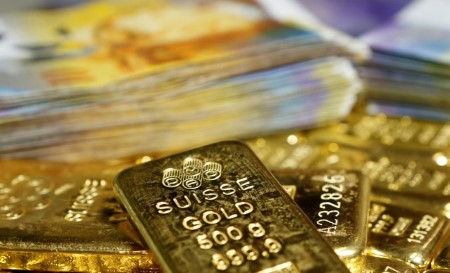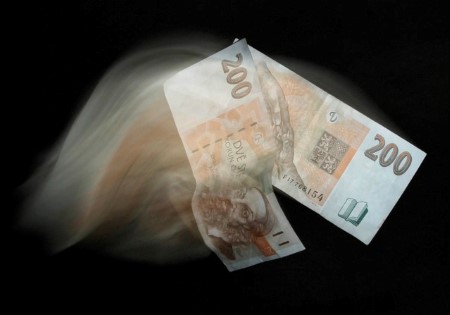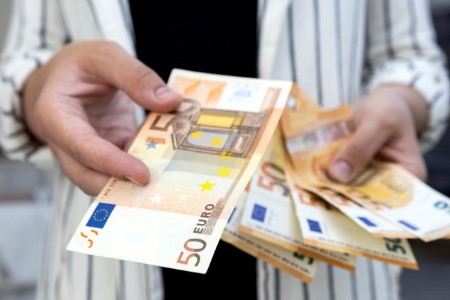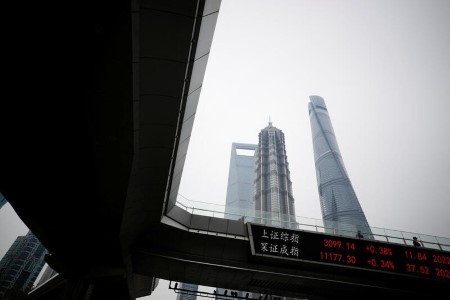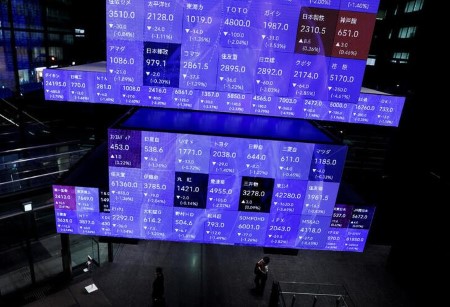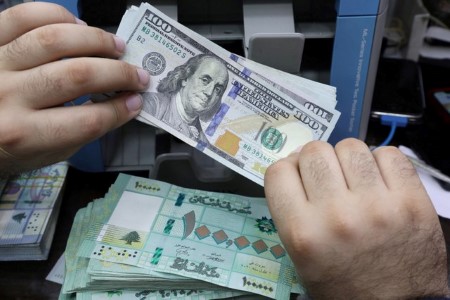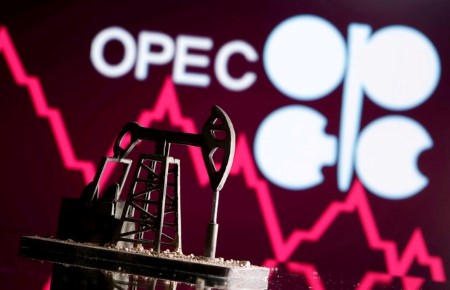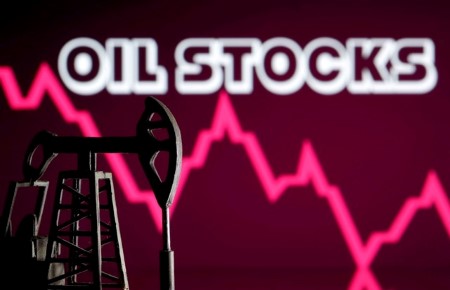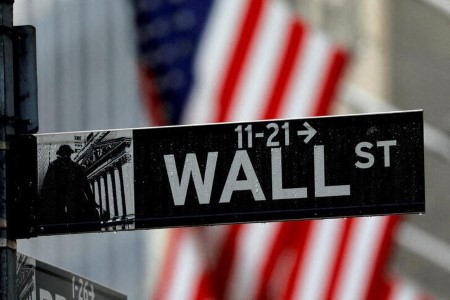Nov 22 (Reuters) – Gold prices on Tuesday steadied above last session’s low as a retreat in the dollar and benchmark US Treasury yields was offset by a rise in equities, while investors awaited cues on the US Federal Reserve’s monetary policy path.
Spot gold were unchanged at USD 1,737.19 per ounce by 2:04 p.m. ET (1904 GMT), while US gold futures settled broadly unchanged at USD 1,739.9.
“I think the metals work their way out of this and continue to move higher. But right now, it is a direct correlation with interest rates,” said Daniel Pavilonis, senior market strategist at RJO Futures.
Major cities in China tightened COVID-19 curbs as virus cases spiked in the world’s biggest consumer of the metal.
Global equities rose as Wall Street’s main indexes gained on easing worries of a dull holiday season for retailers.
US Treasury yields eased, and the dollar also slipped, while investors waited for clues from the Fed’s minutes due tomorrow.
“Gold got a little boost from the weaker dollar but that appears to be fading quickly,” said Edward Moya, senior analyst with OANDA, in a note.
“The Fed is likely to stick to the hawkish script for a while and unless we see a major improvement with China’s COVID situation, gold should struggle to muster up a meaningful rally.”
Cleveland Fed President Loretta Mester said on Monday the central bank can downshift to smaller interest rate hike increments from next month, while San Francisco Fed President Mary Daly stated the policy rate was “modestly restrictive” with “more work to do.”
While gold is considered an inflation hedge, high interest rates discourage investing in non-yielding bullion.
In other metals, spot silver rose 0.9% to USD 21.04 per ounce, platinum gained 0.5% to USD 987.32 while palladium fell 0.3% to USD 1,859.06.
(Reporting by Seher Dareen in Bengaluru; Editing by Krishna Chandra Eluri)







 DOWNLOAD
DOWNLOAD




